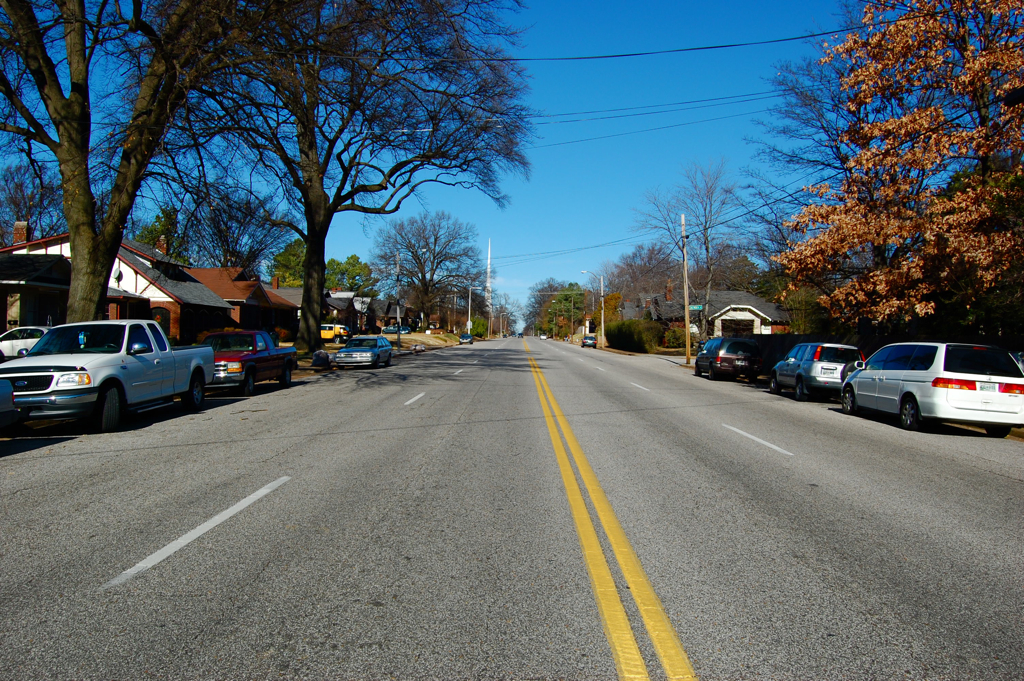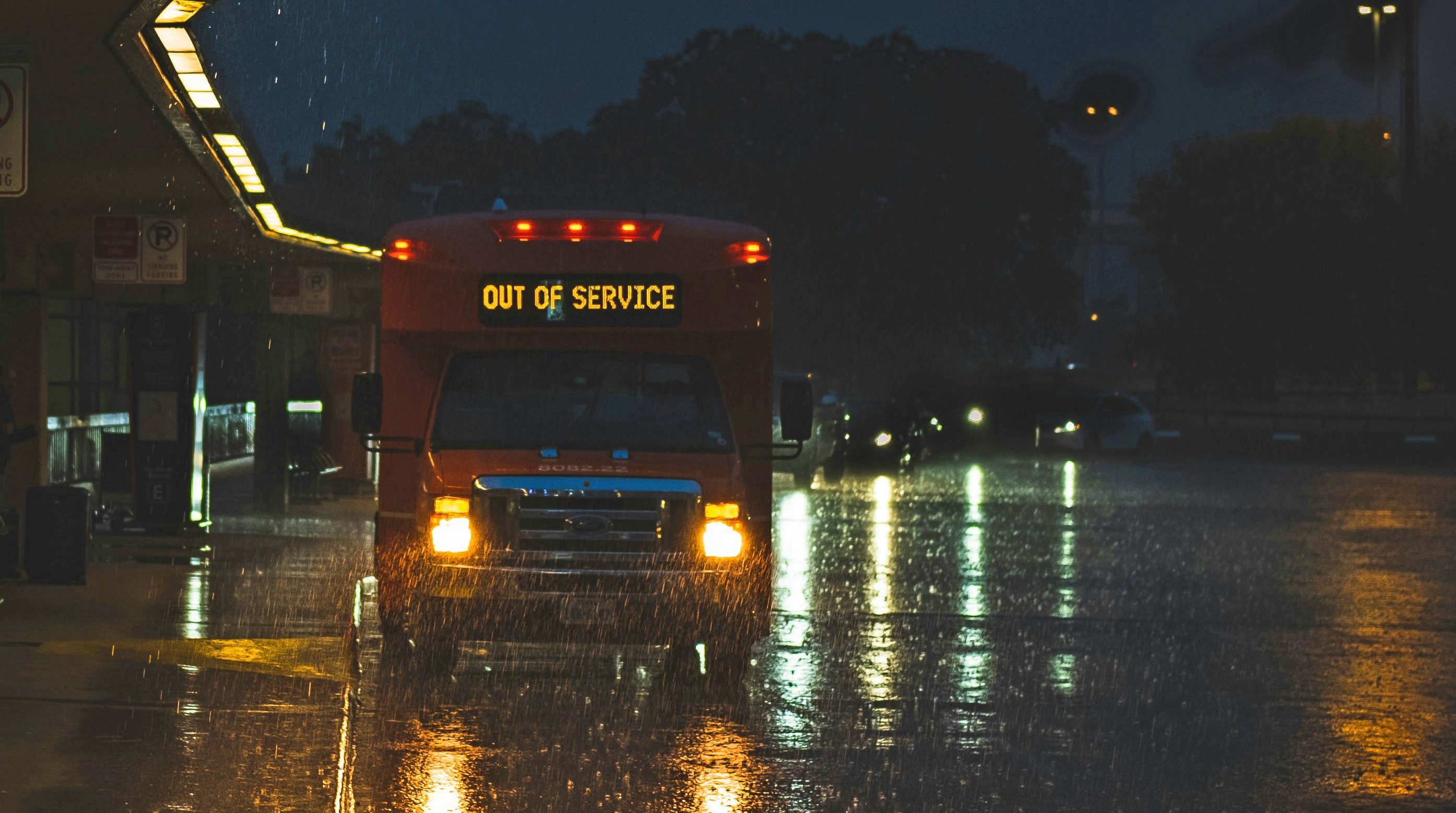The Senate's propensity for filibusters, delay, and fruitless attempts at bipartisan deal-making is earning it quite the reputation these days. And climate change legislation, with its big-ticket implications for transit and urban development in general, is becoming increasingly caught up in the Senate's peripatetic politics.
 Sen. Chuck Grassley (R-IA) (Photo: CNN)
Sen. Chuck Grassley (R-IA) (Photo: CNN)The Finance Committee held a hearing today on the job-creating implications of its climate bill, which would set aside hundreds of millions of dollars for annual clean transportation grants. Neither the transit industry nor the renewable energy sector was invited to testify, although two oil industry-backed witnesses were brought in to criticize the measure.
During the hearing, Finance chairman Max Baucus (D-MT) sounded hopeful notes about the need to address carbon emissions. "We should recognize that in the case of [regulating] acid rain, the
negative consequences were far less than projected," Baucus said. "We should keep this
in mind when similar claims are made about the effects of legislation to
address climate change."
And on a conference call with reporters today, the Finance panel's senior Republican, Chuck Grassley (IA), gave a reluctant but upbeat assessment of GOP senators' openness to a bipartisan climate deal:
Well, we have one, Lindsey Graham, working with [Sen. John] Kerry [D-MA] on some sortof a compromise -- if it would include nuclear and would includeoffshore drilling. I don't know whether that's good enough to offsetthe bad that's in the bill or not. I don't think it's good enough forme. But you'll at least him working there. And I wouldn't want to say that there's not two or three other senators.
Two or three Republicans is not a lot, to be sure. But the climate bill will need all the votes it can muster to surmount a Senate that's dominated by smaller, rural states -- such as Baucus' and Grassley's.





